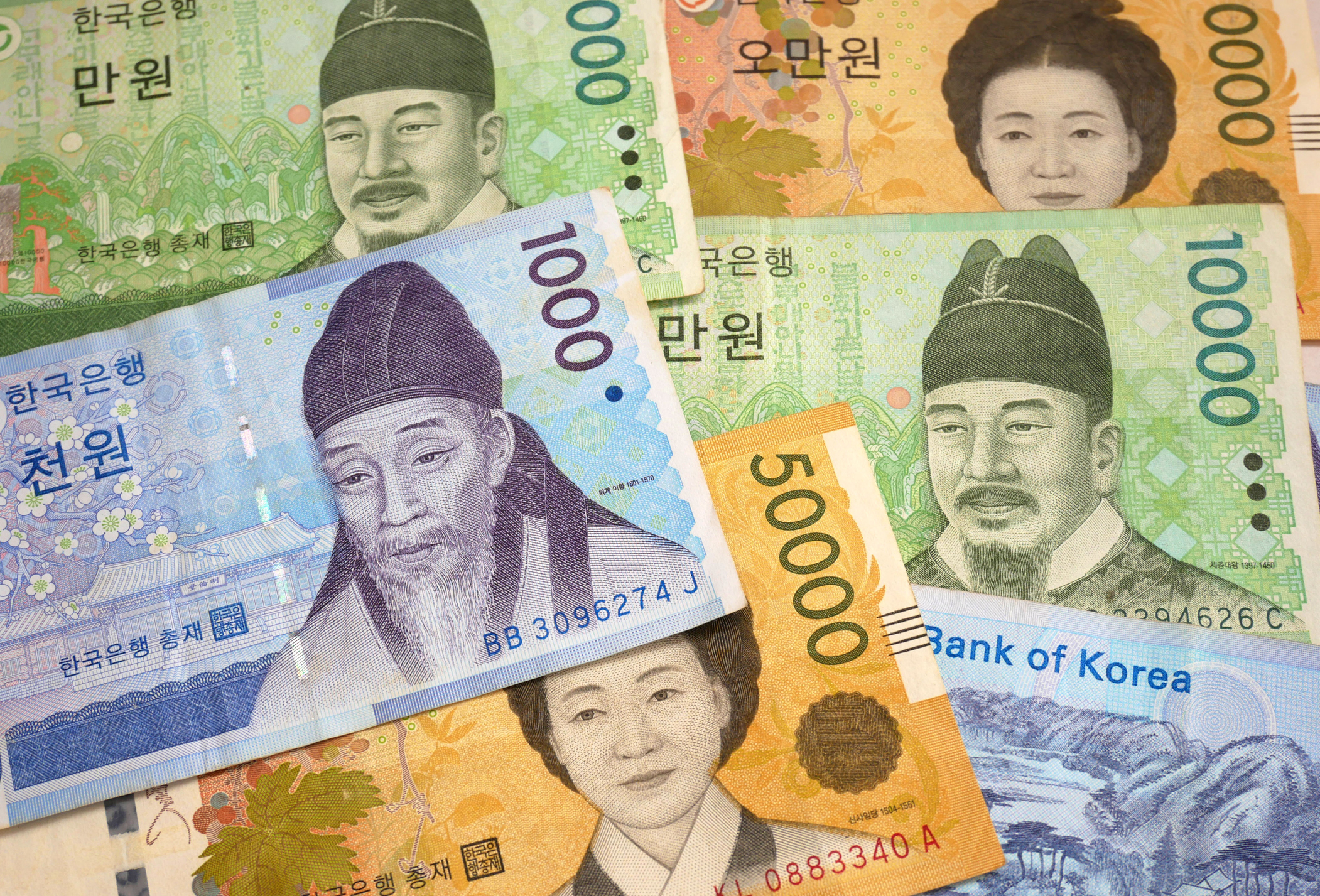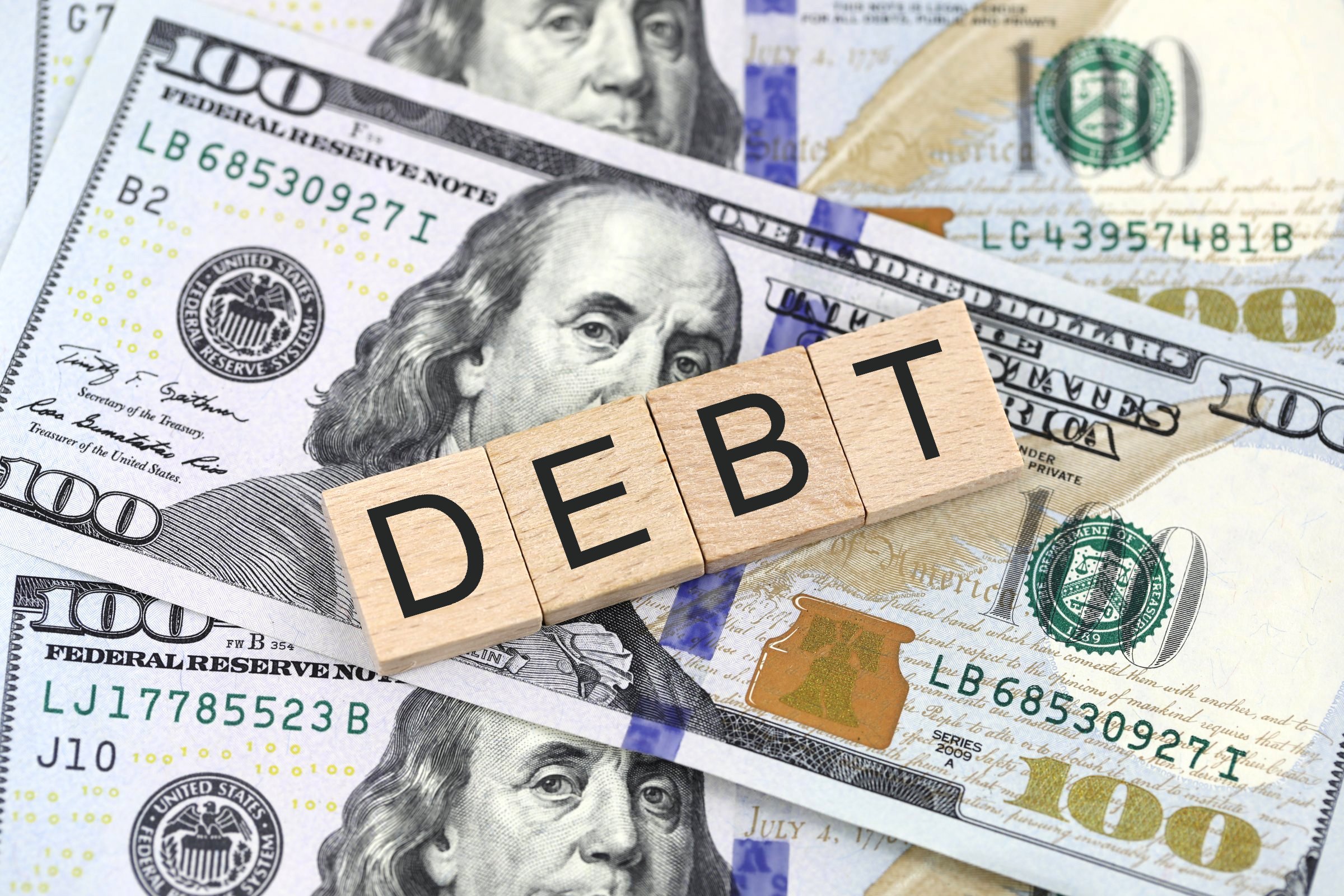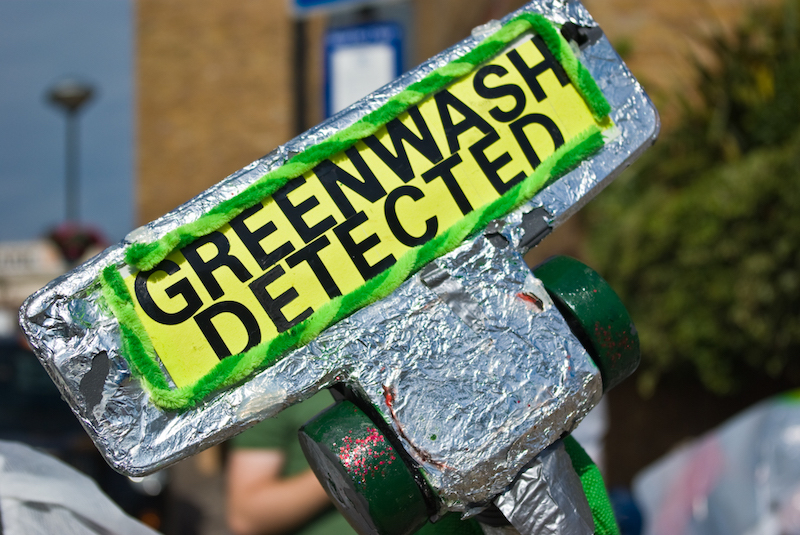
Rate Hikes and Legoland: South Korea’s Bond Market Woes
By Edward Ding (image: iStock) For the South Korean bond market, 2022 has gone from bad to worse. Markets in Korea have been grappling with the same macro problems that have afflicted much of the world: high inflation, global recession fears, and monetary tightening have all converged to crimp corporate profits, breed uncertainty, and generally create a volatile financial environment. The Bank of Korea continues to follow the Fed in its regime of rapid rate hikes, a policy that has steadily pushed up borrowing costs in the local debt market. The uncertain macro environment has dampened investor demand, and issuers…



